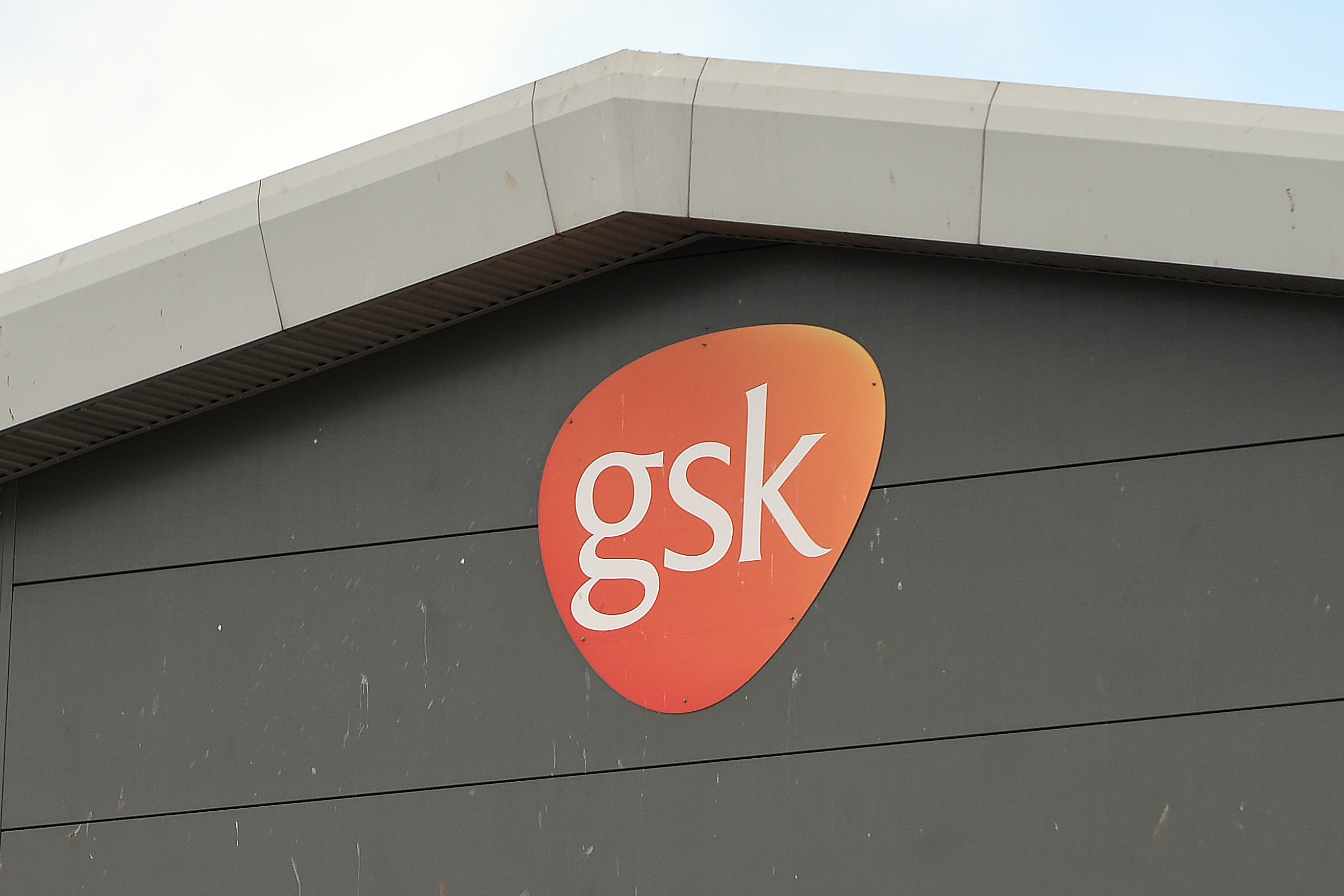GSK raises annual outlook in strong start after consumer spin-off
GSK now expects constant currency annual sales growth of between 8% and 10% and a rise in underlying earnings of 15%-17%.

Your support helps us to tell the story
From reproductive rights to climate change to Big Tech, The Independent is on the ground when the story is developing. Whether it's investigating the financials of Elon Musk's pro-Trump PAC or producing our latest documentary, 'The A Word', which shines a light on the American women fighting for reproductive rights, we know how important it is to parse out the facts from the messaging.
At such a critical moment in US history, we need reporters on the ground. Your donation allows us to keep sending journalists to speak to both sides of the story.
The Independent is trusted by Americans across the entire political spectrum. And unlike many other quality news outlets, we choose not to lock Americans out of our reporting and analysis with paywalls. We believe quality journalism should be available to everyone, paid for by those who can afford it.
Your support makes all the difference.Pharmaceutical giant GSK has increased its full-year earnings outlook once again following a better-than-expected third quarter performance thanks to surging global demand for its shingles vaccine.
The group – which spun off its consumer healthcare business Haleon in July – posted an 18% rise in sales to £7.8 billion over the third quarter, up 9% on a constant currency basis.
This saw underlying earnings rise 18% – or 4% on a constant currency basis – to £2.6 billion.
Sales of its blockbuster Shringrix vaccine for shingles jumped to a record £760 million in the three months to September 30 with demand rebounding as countries emerge from the pandemic.
GSK said it now expects constant currency annual sales growth of between 8% and 10% and a rise in underlying earnings of 15%-17%.
Chief executive Emma Walmsley said the group is also looking to a solid 2023, with its performance set to be boosted by global demand for its shingles vaccine and new drug launches, including an forthcoming jab for the respiratory syncytial virus (RSV).
But the 2022 guidance strips out Covid-19 solution sales, which GSK expects to be “substantially lower” in future.
The figures also showed a £45 million legal bill related to heartburn drug Zantac.
The drug was owned by GSK, but distribution was halted and the drug was recalled in 2019 after regulators raised concerns that the product contained potential cancer-causing impurities and it is now at the central of a lawsuit in the US.
GSK has sought to give assurances that there is no cancer risk of using Zantac – known chemically as ranitidine – based on evidence gathered from 11 scientific studies into the drug.
Ms Walmsley said: “We are again raising our full-year guidance and expect good momentum in 2023, further strengthening our confidence in our performance outlooks, driven by Shingrix global expansion and expected new launches including our new RSV vaccine.
“We are also making good progress to strengthen our early-stage pipeline and will continue to invest in targeted business development to build optionality and support growth in the second half of the decade.”
The third-quarter figures showed that underlying pre-tax profits rose 5%, with currency movement stripped out, to £2.4 billion.
On a statutory basis, third-quarter operating profits fell to £1.19 billion from £1.38 billion a year ago due to the £377 million fair-value loss on the retained stake in Haleon.
GSK is now solely focused on medicines and vaccines after the demerger, which created a separately listed business.